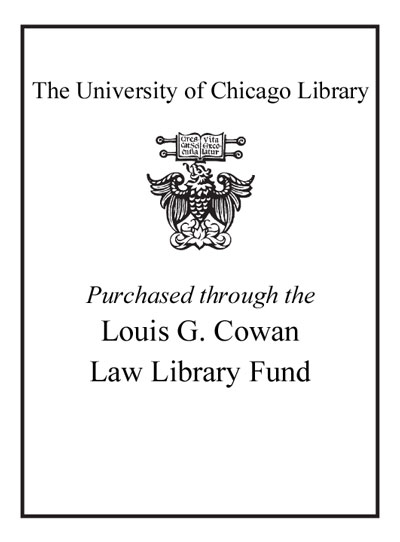Review by Library Journal Review
The essays in The Politics of Human Rights are reprinted from the third issue of the irregular serial Belgrade Circle Journal (ISSN 0354-635X). The Belgrade Circle is a nongovernmental organization founded in 1992 that, according to its web site, promotes "a free, open, pluralist, democratic, and rational civil society" and looks forward to a new Europe rather than back to old Serbia. A better title for the collection would have been "The Political Theory of Human Rights" as the contributors advocate a legal framework as the best protection for human rights, basing their arguments on the early Western European political philosophers of those rights. Three of the essays are analyses of human rights texts; only the last two, written by the volume editor, consider contemporary Yugoslavia. The publication of such essays in Belgrade may be a subversive activity, but they will hardly seem radical to American readers. Furthermore, the photo of Slobodan Milosevic on the cover misleads the reader to expect the contents to focus on Serbia, which is barely mentioned. Chomsky (MIT), a longtime critic of U.S. foreign policy, contributed one essay to the preceding book as well as writing his own book during the spring 1999 bombing of Yugoslavia. He compares the rhetoric of the U.S. government justifying this intervention to its rhetoric and actions in other parts of the world both recently (the Kurds) and in past decades (several incursions into Central America). In all cases, he depicts the United States as a rogue superpower intent on enforcing its wishes everywhere while flouting international legal conventions and undermining world order in the process. Intense anger and strong passion drip from every page, but the haste of composition has led to numerous nonsense statements, such as "If we had records, we might find that Genghis Khan and Attila the Hun professed humanitarian motives." His arguments would be better served by a thorough revision. Neither volume can be recommended.ÄMarcia L. Sprules, Council on Foreign Relations Lib., New York (c) Copyright 2010. Library Journals LLC, a wholly owned subsidiary of Media Source, Inc. No redistribution permitted.
(c) Copyright Library Journals LLC, a wholly owned subsidiary of Media Source, Inc. No redistribution permitted.
Review by Library Journal Review

